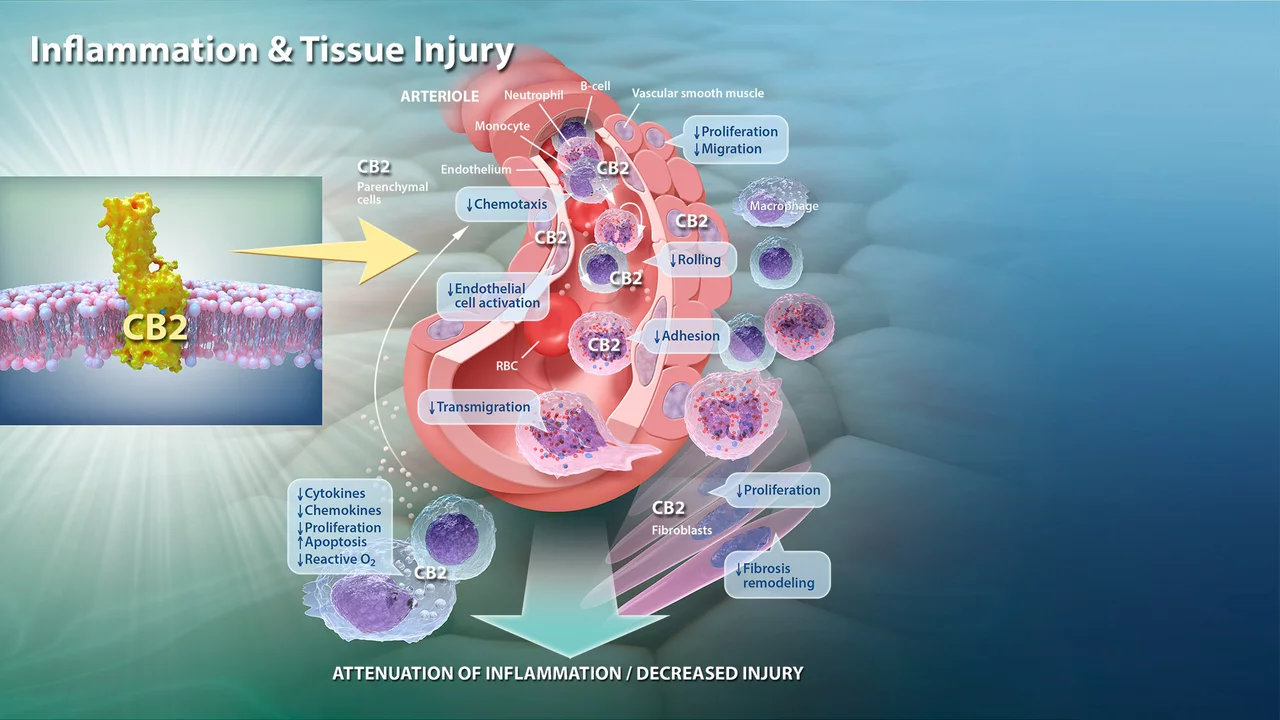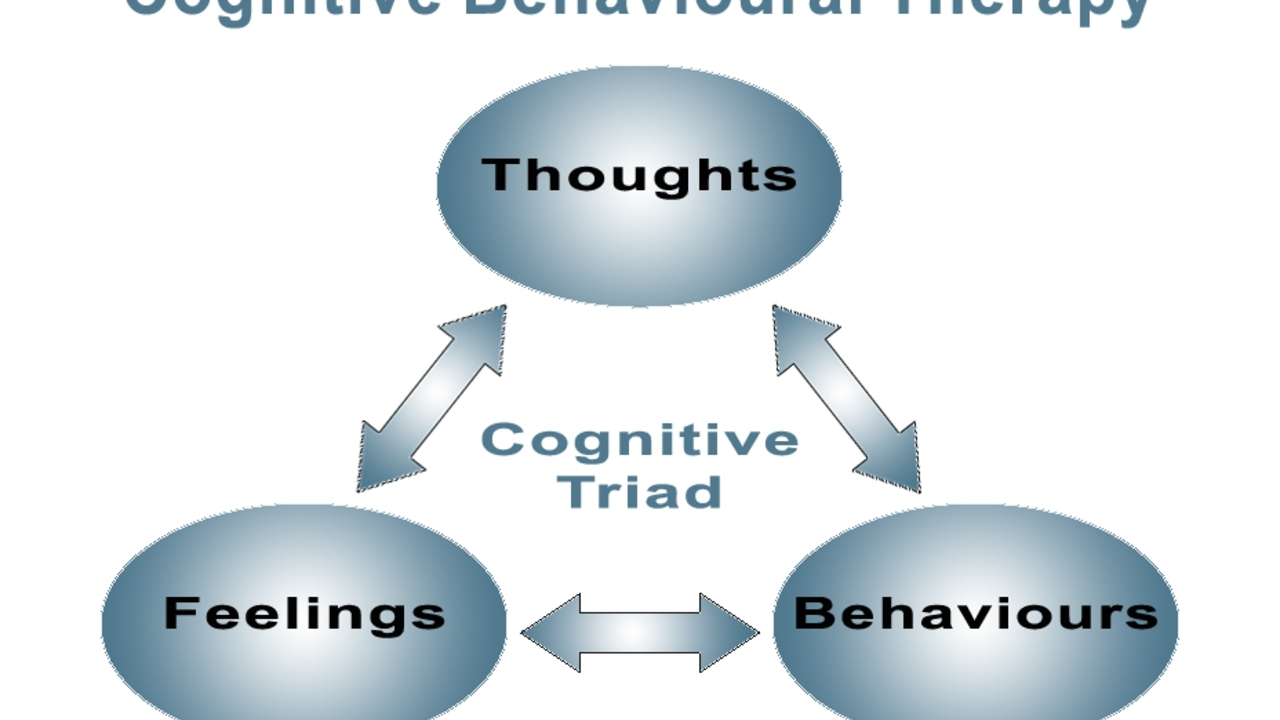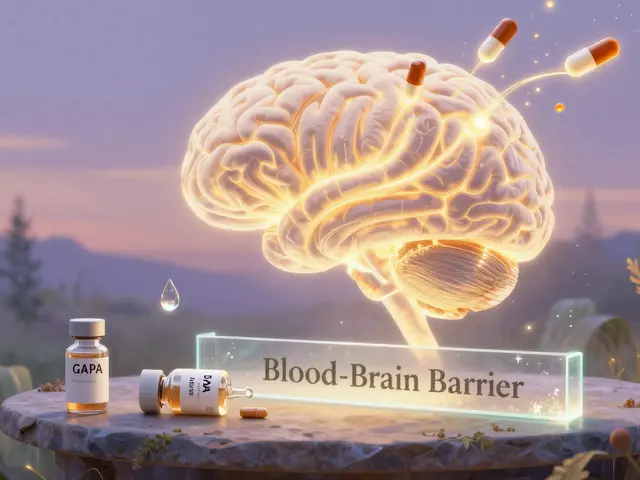July 2023: Clear, Practical Reads on Health, Meds, and Everyday Risks
Seven short, useful posts landed in July 2023—each one aimed at helping you make smarter health choices fast. Want a quick scan of what matters? Here’s a straight-to-the-point summary of topics, key takeaways, and what you can do next.
What we covered
First up: inflammation and joint damage. The piece explains how chronic inflammation can slowly erode joint tissue and why controlling inflammation matters to protect mobility. The useful takeaways: track persistent swelling or pain, talk to your clinician about anti-inflammatory options, and combine medication with simple lifestyle moves like gentle exercise and weight control.
Cefpodoxime for bronchitis showed up as a practical drug guide. Cefpodoxime is an antibiotic that targets bacterial bronchitis—follow the full prescribed course, expect possible mild side effects like nausea, and never self-prescribe. If symptoms don’t improve or you get worse, contact your provider so they can re-evaluate the diagnosis.
We also looked at spicy foods and functional dyspepsia. Capsaicin in hot foods can trigger indigestion in sensitive people. The post suggests testing tolerance in small amounts, avoiding high-fat spicy meals when you have symptoms, and keeping a simple food log to identify triggers rather than eliminating entire food groups blindly.
Safflower supplements got attention for weight support. The report summarizes possible benefits—metabolism support and better blood sugar control—and cautions that supplements aren’t magic. If you consider safflower, compare brands, watch doses, and combine supplements with diet and activity. Ask your clinician if you’re on meds that could interact.
Not everything was clinical. One piece linked congestion to urban sprawl, showing how city design pushes car use and worsens traffic and pollution. The takeaway: local planning choices affect health, so support transit and walkable options when you can.
Mental health got practical too: Cognitive Behavioral Therapy for adults with ADHD. The post highlights real tools—organizing routines, breaking tasks into steps, and changing unhelpful thinking patterns. CBT pairs well with meds and gives skills you can use every day.
Finally, a focused piece on candidemia and disseminated Candida infections explained how bloodstream Candida affects people with weak immune systems. Signs can be subtle; early detection and treatment in high-risk patients make a big difference. If you’re at risk after surgery or long antibiotic use, keep an eye on unexplained fevers and follow up quickly.
Quick next steps
Pick one topic that touches you and take one small step this week: check in with your doctor about joint pain, finish a prescribed antibiotic, try a food diary, review supplement labels, support local transit, try one CBT technique, or ask about fungal infection risks if you’ve had recent hospital care. These posts were written to help you act, not worry—use them as practical prompts.
Want the full posts? Browse the July 2023 archive to read each article in detail and save the ones that matter to you.

The Role of Inflammation in Joint Damage: What You Need to Know
Well, folks, here's a hot topic that's been inflaming the minds of folks in the health world - pun intended. Let's dive into the role inflammation plays in joint damage, which is pretty much like a party crasher messing up our body's happy joint party. When our body's immune system goes into overdrive, it causes inflammation that leads to joint damage, it's like when your car alarm goes off falsely, but can't be switched off - annoying, right? Chronic inflammation can be like a bad house guest, overstays their welcome and causes the damage to our joints, turning them from smooth operators into rusty hinges. So, keep your joints jolly by keeping inflammation in check, because nobody likes a party pooper, right?
Read More
Cefpodoxime for bronchitis: What you need to know
Cefpodoxime is an antibiotic that doctors often prescribe to treat bronchitis. It works by eliminating the bacteria causing the infection, thereby relieving symptoms such as coughing, wheezing, and shortness of breath. While it's generally well-tolerated, some patients may experience side effects such as nausea or diarrhea. It's critical to complete the prescribed course to prevent bacterial resistance. Always consult a healthcare professional before starting any medication, including Cefpodoxime.
Read More
The Impact of Spicy Foods on Functional Dyspepsia
In my recent exploration about foods and digestive health, I found how spicy foods can significantly affect functional dyspepsia. This condition, which is essentially recurring indigestion, can be aggravated by consuming spicy dishes. The capsaicin present in chillies and other spices can trigger stomach discomfort and other symptoms like bloating and heartburn. However, the severity of these symptoms can vary from person to person. So, while it's not necessary to completely avoid spicy foods, moderation and personal tolerance should guide your spicy food intake.
Read More
Safflower Supplements: The Ultimate Game-Changer in Your Weight Loss Journey
In my latest blog, I delve into the transformative powers of safflower supplements on your weight loss journey. I've discovered that these supplements can significantly boost metabolism, helping to burn calories more efficiently. Additionally, they have the potential to control blood sugar levels, reducing cravings and overeating. Moreover, safflower supplements are rich in essential fatty acids, which can help to improve heart health. In a nutshell, if you're struggling with weight loss, incorporating these supplements could be a game-changer.
Read More
The link between congestion and urban sprawl
In my research, I've found a strong correlation between urban sprawl and congestion. As cities expand outward, people often rely more on cars, leading to increased traffic and congestion. Public transport often struggles to serve sprawling urban areas effectively, exacerbating the issue. Urban planning that focuses on compact city designs could help reduce congestion, by making walking, cycling, and public transportation more viable options. In essence, managing urban sprawl is crucial for easing congestion and creating sustainable cities.
Read More
The Role of Cognitive Behavioral Therapy in Treating ADHD
In my latest research, I've discovered that Cognitive Behavioral Therapy (CBT) plays a pivotal role in treating ADHD. It's a structured therapy that aids in managing symptoms by altering negative thought patterns and fostering positive behavioral change. CBT is often used alongside medication to maximize its effectiveness. I've found that it's particularly helpful for adults with ADHD who may have developed unhealthy coping strategies over the years. Overall, CBT can be an empowering tool for those living with ADHD, providing them with practical techniques to navigate their daily challenges.
Read MoreThe Connection between Candidemia, Disseminated Candida Infections, and Opportunistic Infections
In my recent exploration into the world of infectious diseases, I've delved into the link between Candidemia, disseminated Candida infections, and opportunistic infections. Candidemia is a bloodstream infection caused by Candida yeast, which can spread and cause disseminated Candida infections in various organs if not treated promptly. This condition is often seen in individuals with weakened immune systems, making them more susceptible to opportunistic infections - infections that take advantage of an opportunity, such as a weakened immune system. The connection lies in the fact that the same factors that increase one's risk for Candidemia, such as surgery or prolonged antibiotic use, also make them more vulnerable to opportunistic infections. It's a complex, interconnected web that further highlights the importance of a healthy immune system.
Read More




